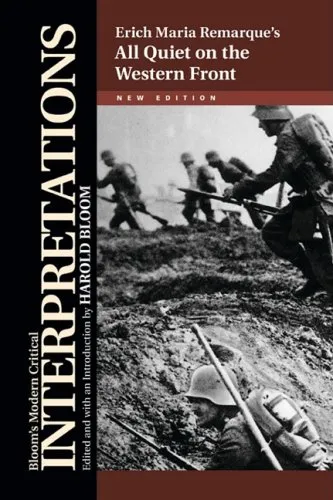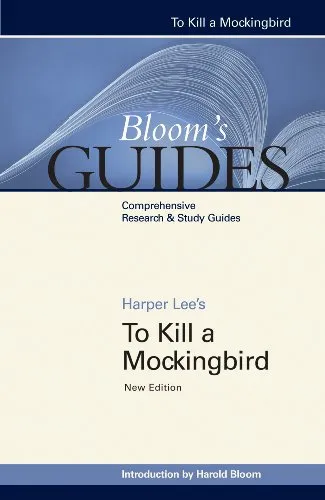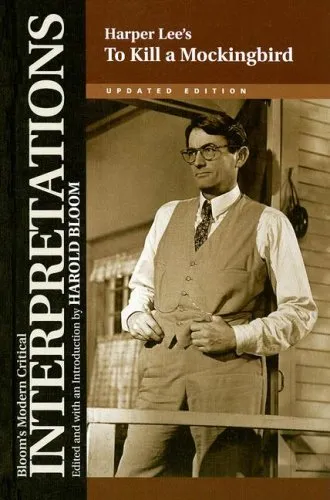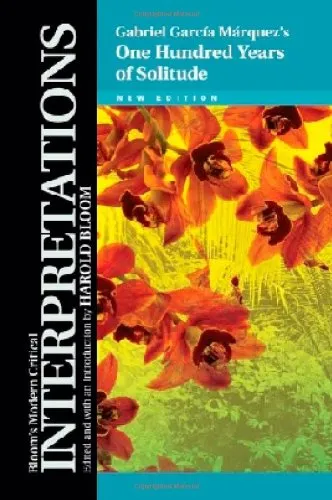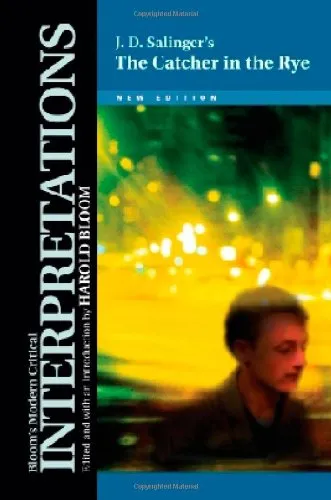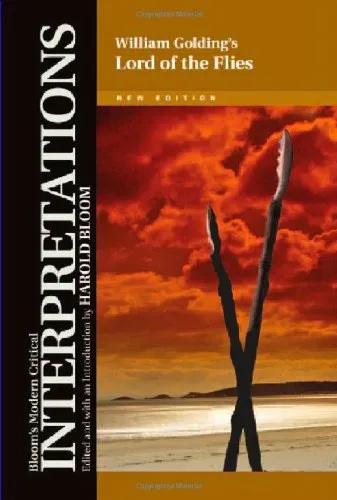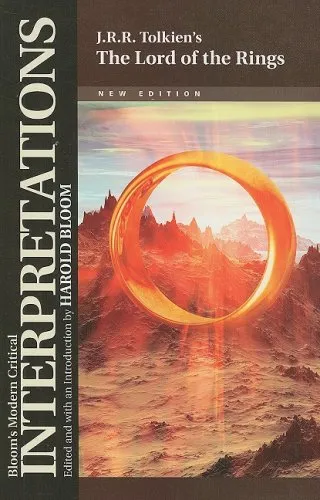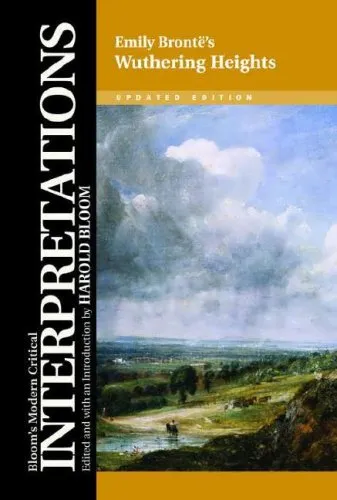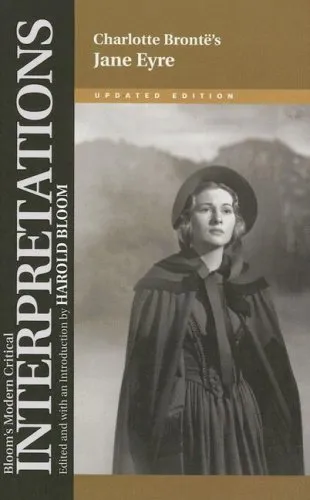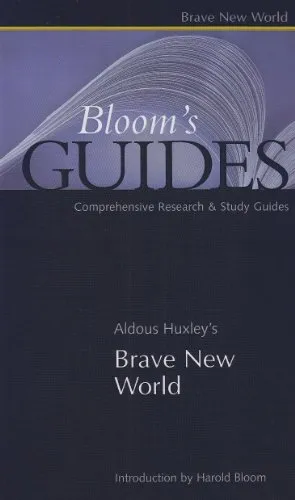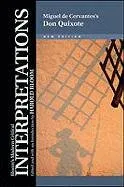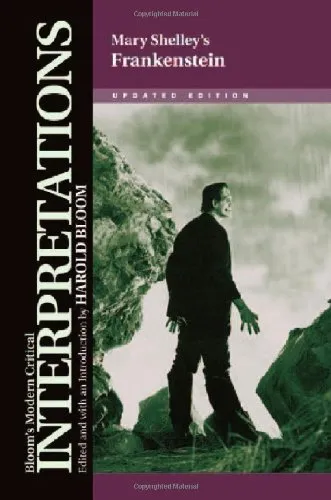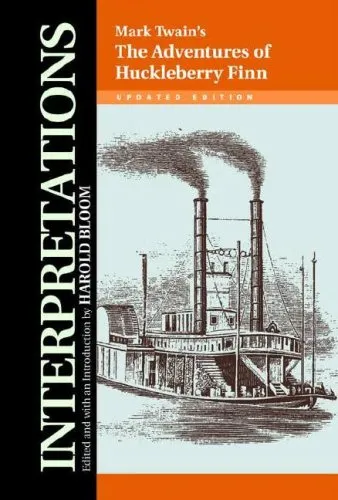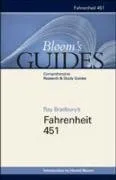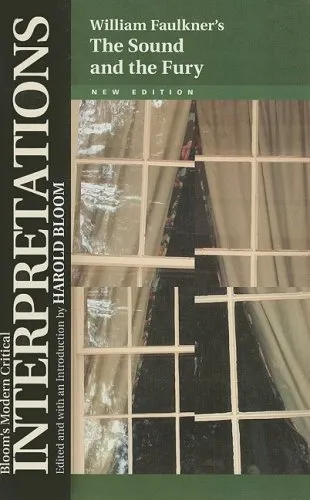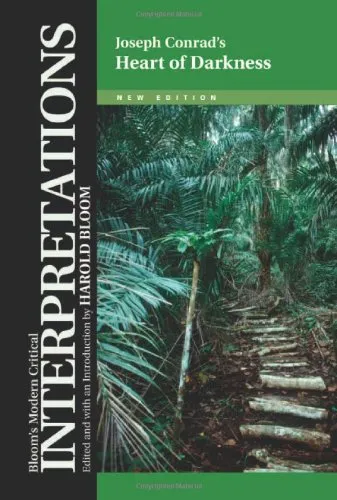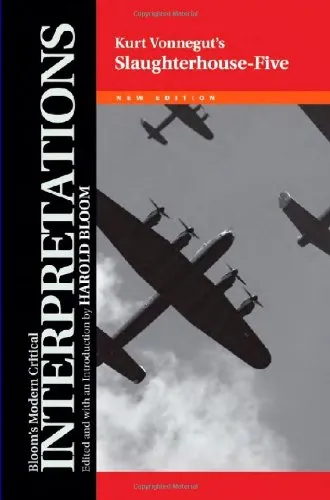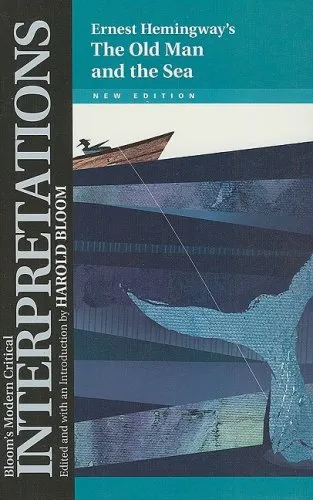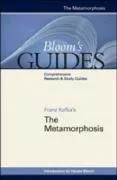Erich Maria Remarque's All Quiet on the Western Front (Bloom's Modern Critical Interpretations)
4.0
Reviews from our users

You Can Ask your questions from this book's AI after Login
Each download or ask from book AI costs 2 points. To earn more free points, please visit the Points Guide Page and complete some valuable actions.Related Refrences:
Persian Summary
Introduction
"Erich Maria Remarque's All Quiet on the Western Front (Bloom's Modern Critical Interpretations)" offers a profound exploration of one of the most influential war novels ever written. This critical interpretation guide seeks to unravel the complex themes and literary significance of Remarque's heart-rending depiction of World War I through the eyes of young German soldier, Paul Bäumer. Within these pages, we provide deep analyses of the narrative's core elements while exploring its enduring impact on literature and historical discourse.
Detailed Summary of the Book
Originally published in 1929, Erich Maria Remarque’s "All Quiet on the Western Front" is an unflinching narrative that details the grim realities of war through the life of Paul Bäumer, a young German soldier. Set against the backdrop of World War I, the book chronicles Paul's experiences and the emotional and physical toll that warfare exacts on soldiers.
The novel begins with Paul and his classmates, who enlist in the German army under the patriotic influence of their schoolmaster. It quickly strips away any romanticized notion of war, exposing the brutal devastation and futility faced by soldiers. The narrative's progression sees Paul and his friends confronting the horrors of trench warfare, struggling with fear, and coming to terms with the numbing monotony of violence and survival.
Through stark and poignant prose, Remarque captures the everyday struggles of soldiers, their camaraderie, disillusionment, and the desperate cling to humanity amidst chaos. Paul's inner thoughts poignantly reflect on the lost innocence and the implications of a generation engulfed in senseless conflict, leaving readers with a haunting awareness of war's enduring scars.
Key Takeaways
- Erich Maria Remarque's novel challenges the glorification of war by providing a raw and honest portrayal of its dehumanizing effects.
- The narrative emphasizes the loss of a generation, exploring themes of disillusionment, loss of identity, and the struggle for survival.
- Remarque's vivid depictions of trench warfare and its psychological impact highlight the novel's anti-war rhetoric.
- The book remains a timeless and poignant critique of war, resonating with readers across different generations and cultures.
Famous Quotes from the Book
Throughout the novel, several passages stand out for their powerful articulation of the soldiers' plight and existential tension. Here are some famous quotes:
"We are forlorn like children, and experienced like old men, we are crude and sorrowful and superficial—I believe we are lost."
"The war has transformed us into animals, machines without hearts—none of us know if we'll make it out alive."
Why This Book Matters
"All Quiet on the Western Front" offers more than just a soldier's tale; it is a crucial touchstone in war literature that resonates deeply with its anti-war message. Remarque's honest and poignant depiction of war’s senseless brutality challenges historical narratives that glorify martial valor.
The book's influence extends beyond literature into discussions on the ethics of warfare, the psychological scars borne by veterans, and the existential crises faced by individuals. Its criticism of blind nationalism and the harsh realities of warfare have made it a mandatory reading in educational curriculums around the world, furthering dialogues on peace and conflict resolution.
With its unrelenting critique and humanistic appeal, "All Quiet on the Western Front" continues to contribute to literary and historical scholarship, offering insights into the human condition amid the senseless destruction of war.
Free Direct Download
You Can Download this book after Login
Accessing books through legal platforms and public libraries not only supports the rights of authors and publishers but also contributes to the sustainability of reading culture. Before downloading, please take a moment to consider these options.
Find this book on other platforms:
WorldCat helps you find books in libraries worldwide.
See ratings, reviews, and discussions on Goodreads.
Find and buy rare or used books on AbeBooks.
1422
بازدید4.0
امتیاز50
نظر98%
رضایتReviews:
4.0
Based on 0 users review
"کیفیت چاپ عالی بود، خیلی راضیام"
Questions & Answers
Ask questions about this book or help others by answering
No questions yet. Be the first to ask!
